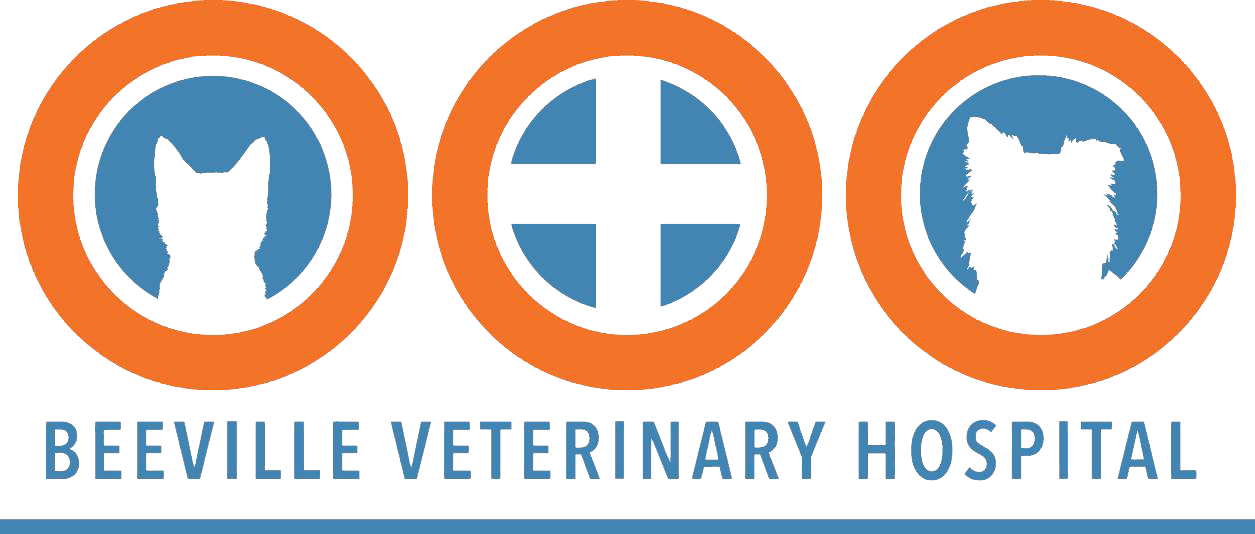Library
-
Penicillin G (brand names VetriPen G, PenOne Pro, others), is an antibiotic used to treat susceptible infections in cats, dogs, chickens, horses, livestock, ferrets, hedgehogs, rabbits, and other animals. It is used off label (extra label) in cats, dogs, and other companion animals. Penicillin G comes in injectable suspension form. Caution when using in rabbits and other animals sensitive to penicillin-like drugs.
-
Pentoxifylline is given by mouth and is used off label to treat skin disorders and poor perfusion due to inflamed blood vessels. Give as directed. Common side effects include vomiting, diarrhea, lack of appetite, excitement, or restlessness. Do not use in pets that are allergic to it, allergic to xanthines, or in pets with bleeding in the brain or eye. If a negative reaction occurs, please call your veterinary office.
-
Perna is given by mouth and is used over the counter to treat inflammatory conditions such as arthritis in cats, dogs, and horses. Give as directed by your veterinarian. The most common side effects are gastrointestinal effects such as nausea and diarrhea. Do not use in pets that are allergic to it or other shellfish, or in pregnant or nursing pets. If a negative reaction occurs, please call your veterinary office.
-
Phenobarbital is given by mouth or as an injection to treat seizures or to sedate your pet. Common side effects include sleepiness, increased thirst, urination, and/or appetite. Do not use this medication in pets with liver, lung, or kidney disease or those that are allergic to barbiturates. If a negative reaction occurs, call your veterinary office.
-
Phenoxybenzamine is used off label in dogs and cats to treat urination difficulty related to sphincter tone, high blood pressure related to pheochromocytoma, and in horses to treat laminitis. Give phenoxybenzamine as directed by your veterinarian.
-
Phenylbutazone (brand names: Butazolidin, VetriBute, Butatron, Phenylbute) is given by mouth in the form of a paste, powder, tablet, or granules or by an injection into the vein in horses. Do not use this medication in horses that are allergic to it. If a negative reaction occurs, please call your veterinary office.
-
Polysulfated glycosaminoglycan is an injectable disease-modifying osteoarthritis drug (DMOAD) used to treat non-infectious and traumatic arthritis in dogs. It is also used off-label in cats and small mammals. If administering this medication at home, follow your veterinarian’s instructions and dispose of the needle and syringe appropriately. Side effects are rare when given according to label recommendations and at prescribed intervals. Do not use this medication in pets with a known hypersensitivity to it, in pets with known or suspected bleeding disorders or immune-mediated arthritis, or in pets with severe kidney or liver disorders.
-
Ponazuril is given by mouth and is used on and off label to treat protozoal parasites in several animal species. Side effects are uncommon but may include soft stools.
-
Praziquantel is given on and off label and by mouth or injection to treat various internal parasites in cats, dogs, small mammals, birds, reptiles, and large animals. Do not use in pets that are allergic to it, in puppies less than 3 weeks old, or kittens less than 6 weeks old.
-
Prednisone/prednisolone is given by mouth or injection and is used on and off label to treat Addison’s disease, inflammatory conditions, neoplasia (cancer), and immune-mediated diseases. Give this medication as directed by your veterinarian.

